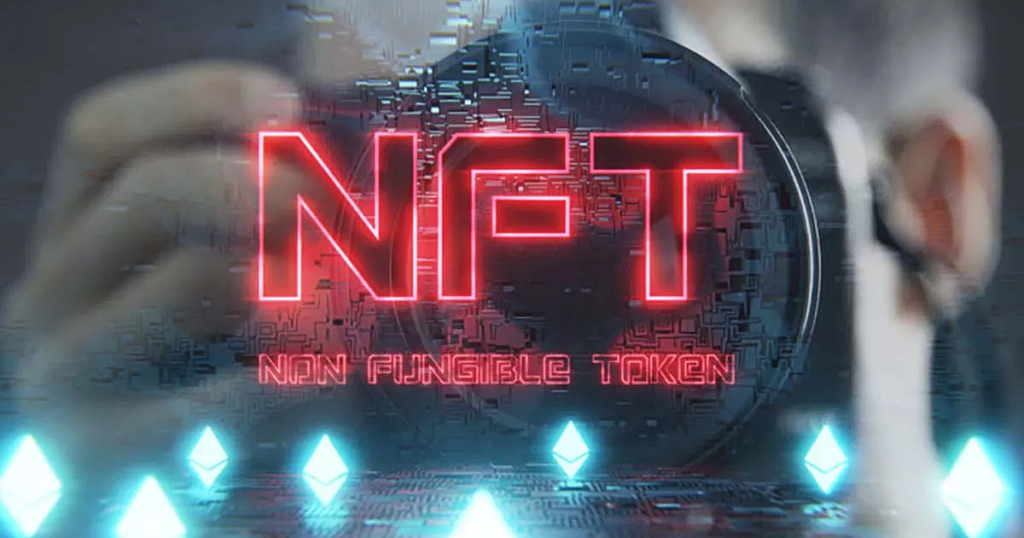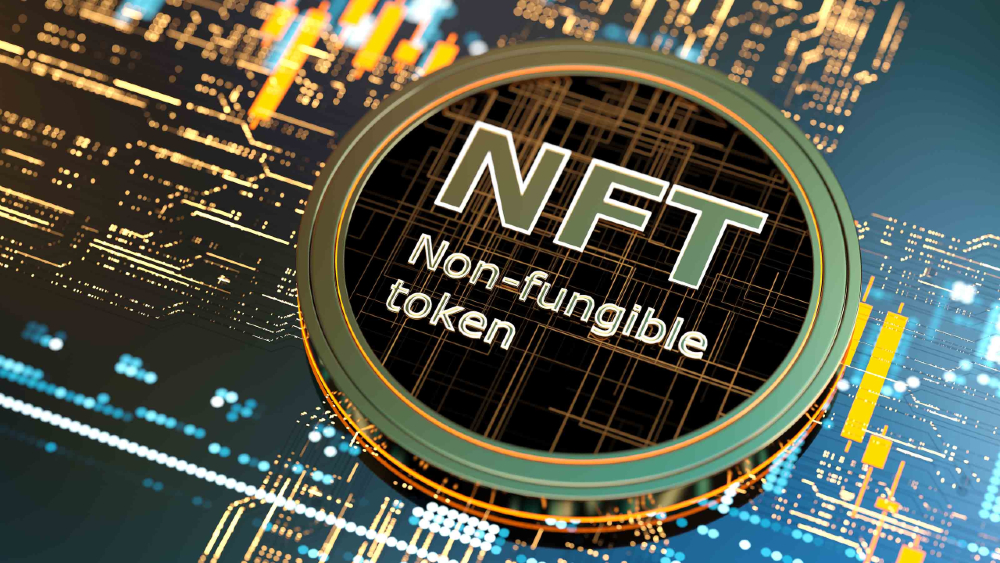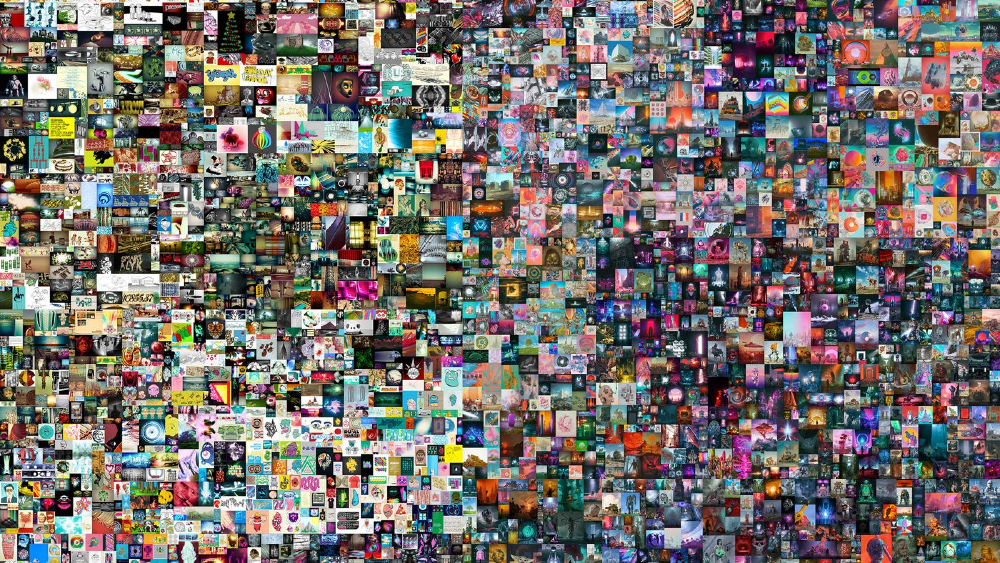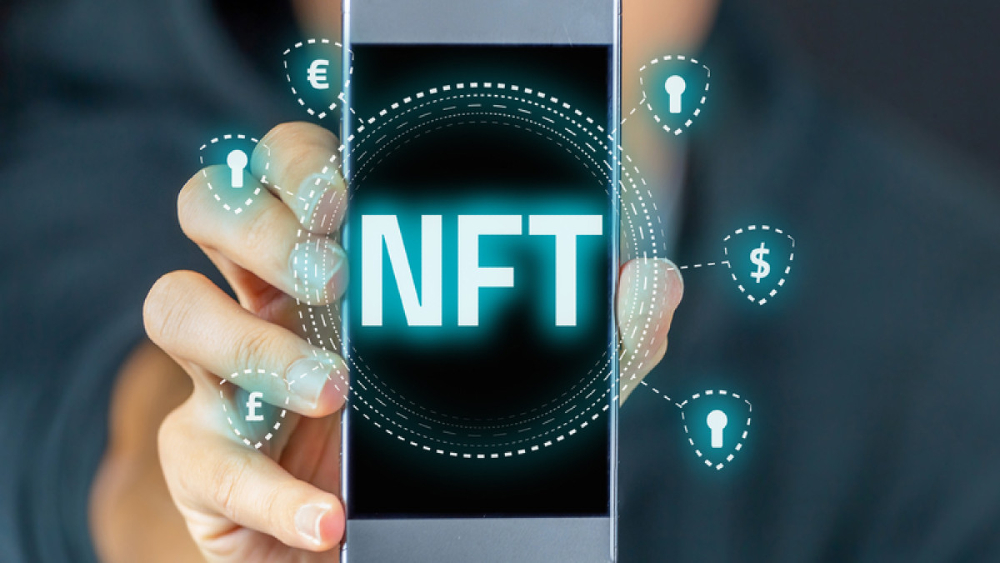
Before we can get into NFTs and how you can make a career out of it, we first have to understand the technology behind NFTs and the space they operate in: The crypto space. If it wasn’t already a dead giveaway, the crypto space makes use of cryptocurrency in order to function. But what exactly are 'cryptocurrencies'? Fret not, we’ve got you covered.
Cryptocurrency (or more commonly referred to as 'crypto') is any form of digital currency which exists virtually and makes use of cryptography to process and validate transactions.
The function of cryptocurrencies are widely the same as regular fiat money, with the main distinguishing feature being a lack of a central issuer or regulating authority (such as a bank), rendering them theoretically immune to government interference or manipulation. Cryptocurrencies use a decentralised peer-to-peer system that can enable anyone anywhere to send and receive payments.
As mentioned above, cryptocurrencies do not exist physically in the real world like regular cash money, and are stored in digital wallets. All crypto payments exist solely as digital entries to a public online database, or ledger known as the 'blockchain'.
Cryptocurrency received its name because it uses a type of encryption called 'cryptography' to verify transactions. In layman's terms, advanced coding is involved in storing and transmitting cryptocurrency data between wallets and ledgers, with the sole aim of providing security and safety.
So what makes this form of currency so popular these days? Well, the answer to that is simple: Cryptocurrency transactions are cheaper and faster, that don't collapse at a single point of failure. Since cryptocurrencies don't use a third-party intermediary such as a bank, the regular processing fees and transaction times don't apply.
The public ledger also effectively eliminates the possibility of a single point of failure, such as a large bank, setting off a cascade of crises around the world. Case in point is the one that was triggered in 2008 by the failure of financial institutions in the United States.
Now that we’ve briefly explained what cryptocurrencies are and how they work, let’s move on to the actual reason you clicked on this article: NFTs! If your head's still spinning from the crypto explanation, we suggest you take a seat, strap yourself in, and brace for impact because we’re about to have a head-on crash course in NFTs.

NFT stands for non-fungible token. Wait. Fungible? What does that even mean? Fungible is just a fancy way of saying an item cannot be replaced with another identical item. So, in other words, an NFT is a token that is unique and not interchangeable.
This kind of token is a bit like cryptocurrencies, with the difference being you can trade crypto and have more of the same thing, but each and every NFT is unique. Any non-fungible entity does not have any other identical equivalent with which you can exchange it.
Take the example of an album by a famous music artist. Even though there could be millions of copies of the album, they cannot be exchanged with the artist’s original recording. Which brings us to the topic of proving which one is original, to begin with. That’s where the blockchain technology we mentioned earlier comes into play. Much like cryptocurrencies, the issuing and trading of all NFTs are recorded and stored in a public ledger, so the original can always be traced and identified.
The ability to verify the authenticity and help prevent piracy is what makes NFTs so special. To put it simply, they act as digital copyrights on commodities. The notion that you can assign value to a non-tangible asset (be it digital art, a digital meme, or even a tweet) is what's driving the value of NFTs. With the added piracy protection has meant that content creators such as artists, musicians, or even developers can now auction their products directly to the consumer without having to worry about their work being pirated and distributed illegally. NFTs are being touted as the future of digital transactions.
Now that you know what NFTs are, it’s time to find out how you could build a career for yourself in the space. We’ve put together 4 simple tips that will help point you in the right direction.
The NFT space is still relatively new, so it's important for you to pay close attention to who some of the big players are in the space. Big players make big moves, and you could definitely benefit from following their lead.

Pay attention to the original pioneers in the space, and see how they got started. They definitely weren’t big players when they started, but they certainly did something right to get where they are now. Use that as your own blueprint for success.
The NFT space is constantly evolving, so if you’re not keeping up with the latest developments, you’re going to be left behind. Don’t just sit around and wait, research and monitor what others are doing, and see how the market adapts and responds to it.
At this current point in time, there are very few people who can be considered experts in the NFT space. It'd be beneficial for you to learn as much as you can, and establish yourself as an expert in the field. When everyone else wants to hop on the bandwagon a little way down the line, people and companies will be looking for people like YOU to guide them in the NFT space, and you can make a pretty penny as a consultant!
A great way to build your career in the NFT space is by acquiring skills that are in high demand. We’ve listed 6 must-have skillsets below for you to succeed in the NFT space.
Ethereum is the platform of choice when it comes to around 90% of NFTs, which means NFT companies need people who are fluent in the programming language behind Ethereum. Yup, you guessed it: Solidity!

Most NFTs currently on sale are some form of art, and that requires an artist to design the various assets, before they are turned into NFTs. While most of what we see on sale are graphic art, that's slowly changing with other innovative offerings such as sounds, music, and even generative art that is entirely programmed. Any art which can be digitised can be turned into an NFT and sold.
While most people see NFTs as just art, the communities built around it are stronger than the actual art itself. Some NFTs are valued at thousands of dollars just for the communities that go along with it. Skilled managers who are able to establish and grow a good community, knowing that it's essential towards building the brand, are highly sought after by NFT companies.
Web 3.0 (also known as 'Web3') has its own unique set of challenges, and more UI/UX designers who are native to this space are needed to simplify the information, where it’s easily digestible and intuitive for the end-user. Blockchains are complicated and consumer-friendly applications are needed in order for the space to become more widely adopted.
Game development is quickly becoming a new avenue in the NFT industry, as projects are looking to become more than just art. Traditional game companies such as Ubisoft are also looking to get into the NFT space, so it won’t be long before other giants follow suit. When that happens, they’re going to be looking for NFT game developers who are able to build blockchain games that appeal to mainstream gamers.
As you probably already know, there's a lot of hype in the NFT space, which makes marketing an integral component of any NFT project. Just like any other industry out there, good marketing helps your business (or in this case, project) get more people excited and willing to invest. Some NFT marketing responsibilities include organising Twitter Spaces, partnering with other NFT projects, managing White Lists, and building organic hype.

For the uninitiated, SODL and HODL aren't intentional typos (although it did start out that way); they're actually unique jargon from the cryptocurrency market! The former stands for sell, and the latter stands for hold, much like how you'd see in the stock markets.
The NFT market is still relatively new and would go through different stages of development until it finally stabilises and settles. The same can be said for your career development in the NFT space. While immediate success is highly unlikely, you need to keep going on to find suitable prospects for building both your career as well as fluency in NFTs. Knowledge and practice can set you apart from the competition when it comes to jobs in the NFT space.
With that being said, it's also important to be careful when entering such a new and volatile space. Much like in every field, you need to be well informed and cautious so you can avoid becoming a victim of a crypto or NFT scam. Always do your research, and make sure to always store your cryptocurrency in a secure crypto wallet.
Finally, it's important to understand that the crypto and NFT spaces are still in their early stages, so there'll be volatility and you should be prepared to endure some ups and downs.